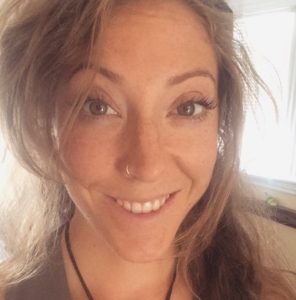
Courtney Battistelli’s interdisciplinary educational background and diverse vocational repertoire include a B.S in Public Health and Anthropology and a M.A in Clinical Mental Health counseling with Expressive Arts Therapy. During the last 3 years, Courtney played the role of Study Coordinator in Boston, Massachusetts on the MAPS-sponsored Phase 2/3 clinical trial researching MDMA-Assisted Therapy as a treatment for PTSD.

Marieke McKenna (London, 1994) studied philosophy and history of science at the the University of Amsterdam, the University of Glasgow and Utrecht University. She is interested in metaphysics, phenomenology, philosophy of mind, philosophy of physics, and consciousness studies. Her recent research focuses on historical, cross-cultural and philosophical perspectives on (lucid) dreaming, as well as the history of the scientific & academic study thereof.

Jules Evans is director of the Challenging Psychedelic Experiences Project, editor of Ecstatic Integration, and an honorary research fellow of the Centre for the History of the Emotions at Queen Mary University of London. He’s the author of four books including Philosophy for Life and Other Dangerous Situations, and The Art of Losing Control.
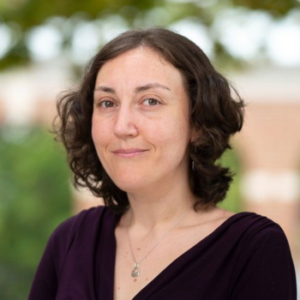
Neşe Devenot (she/they) is a Senior Lecturer in Writing at Johns Hopkins University, and they have been contributing to the interdisciplinary field of Psychedelic Studies since 2010. They completed a postdoctoral fellowship in the Department of Bioethics at the Case Western Reserve University School of Medicine and received their PhD in Comparative Literature from the University of Pennsylvania.

James W. Sanders is a cognitive neuroscientist and phenomenologist working with the Centre for Psychedelic Research at Imperial College London. His research concerns the scientific measurement and description of psychedelic experience, with a focus on micro-phenomenology, neurophenomenology, and psychedelic psychometrics. As a micro-phenomenologist in the DMT research group headed by Dr. Chris Timmermann, James works primarily…
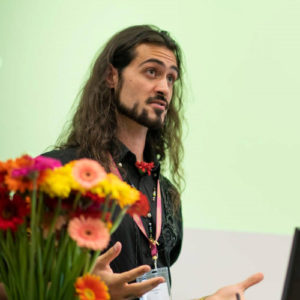
Pascal Michael, PhD completed his doctorate in Psychology at the University of Greenwich on a comparative analysis of the neurophenomenology of both DMT (and analogous) experiences and the near-death experience (NDE). He is currently a lecturer there, teaching and researching on his particular interests of the phenomenology, neuroscience, therapeutic potential and existential implications of psychedelics and other ‘exceptional human experiences’. He has presented at Breaking Conventions and for the Tyringham Initiative, and published in journals such as Frontiers in Psychology.

Claudia Gertraud Schwarz is a postdoctoral researcher at the Karl Landsteiner University of Health Sciences in Austria. She holds an M.A. in media studies and a doctoral degree in sociology (both from the University of Vienna). Claudia’s research focuses on the sociopolitical dynamics and ethical dimensions of (re-)emerging scientific fields and technologies, the role of psychedelics and other healing modalities in society, gender studies and feminism, and the entanglements of science, spirituality, and art.

Erika Dyck is a Professor and Canada Research Chair in the History of Health & Social Justice at the University of Saskatchewan. She is the author or editor of several books and articles on the history of psychedelics, including: Psychedelic Psychiatry (2008); Psychedelic Prophets (2018), A Culture’s Catalyst (2016) Wonder Drug (2021), Acid Room (2022), Expanding Mindscapes (2023), and Psychedelics: A Visual Odyssey (2024).
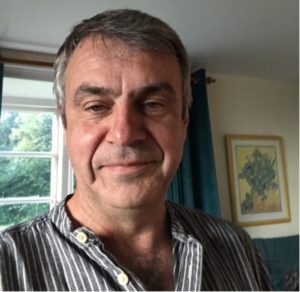
Chris Salway is a consultant psychiatrist and has worked in psychiatry for more than 20 years, having previously trained and worked as a General Practitioner. During this time his particular interest has been in working with people who have been assigned a diagnosis of a psychotic disorder. He is interested in alternative approaches to psychosis including a model called “Open Dialogue” and he is a member of Compassionate Mental Health, an organisation which is trying to develop a different approach for helping those experiencing mental distress.

Ian Roullier is the co-founder of the Psychedelic Participant Advocacy Network (PsyPAN). Ian’s participation in two clinical trials examining the effect of psilocybin on depression, run by Imperial College (2015) and King’s College/Compass Pathways (2019), naturally led to his dedication to help bring these treatments safely to all who may benefit from them.
Leonie Schneider, a passionate mental health advocate, is committed to expanding access to psychedelic assisted therapies by advocating for the safe and integrated use of psychedelics.

Michelle is an integrative psychotherapeutic counsellor based in London, where she has a private practice. She has been a member of Imperial College’s Psychedelic Research Group since 2015. Michelle was a lead guide on Imperial College’s randomised controlled trial (Psilodep 2) comparing psilocybin to escitalopram in the treatment of depression.

Graham worked in NHS mental health services for 15 years; eight of those years as a consultant psychiatrist in a psychiatric hospital in Brighton & Hove. He has an MSc in Neuroscience from Kings College London and trained with the Imperial College Psychedelic Research Group to work as an assistant guide on the psilocybin vs escitalopram depression trial (Psilodep 2).
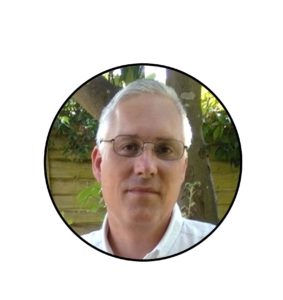
John Anderson holds a first degree in Neuroscience and a Ph.D. in Psychology from Cardiff University. He worked as a Postdoctoral researcher for Nottingham Trent University where his research explored relationships between positive Schizotypy and anomalous perceptual experiences due light-flicker Ganzfeld exposure.
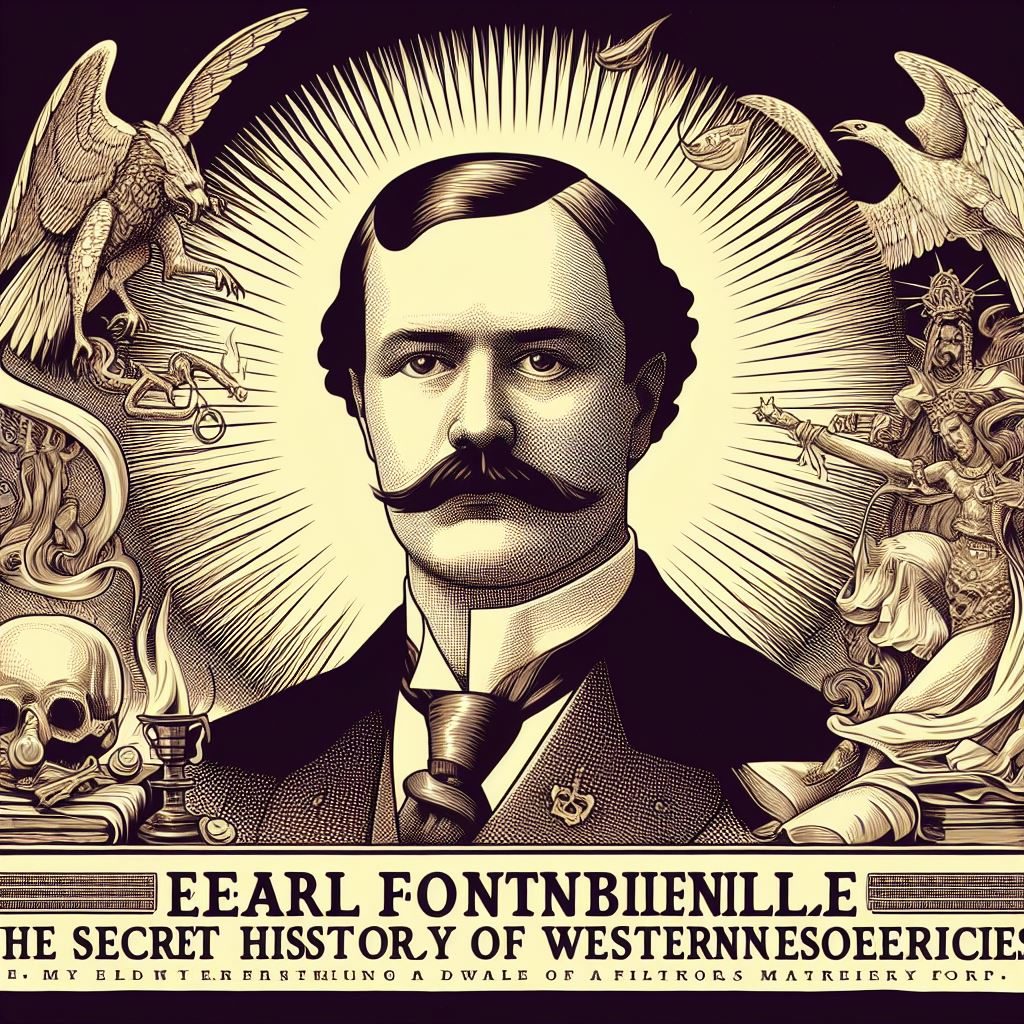
Earl Fontainelle is a historian of ideas working on the intersections between religion, philosophy, science, and consciousness. He produces the Secret History of Western Esotericism Podcast (www.shwep.net).
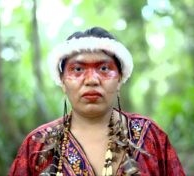
Yamatume’s upbringing was enveloped in the wisdom and teachings of her parents and grandparents. Initiated into Yawanawá spirituality by her grandfather, pajé Yawarani, Yawatume’s voice carries a depth and resonance that touches the soul.

Utxi, Yawatume’s husband, stands as a beacon for the preservation and continuation of the Yawanawá traditions. From a tender age, he was taken under Nani’s tutelage, absorbing the depth and breadth of their ancestral knowledge.
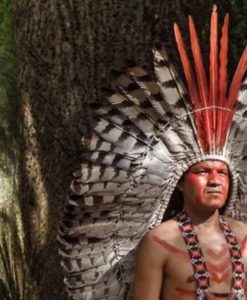
Blessed by receiving teachings from different Yawanawa spiritual leaders, Shaneihu was the last student of Pajé Yawarani, his grandfather, who shared with him the Yawanawa traditional knowledge.
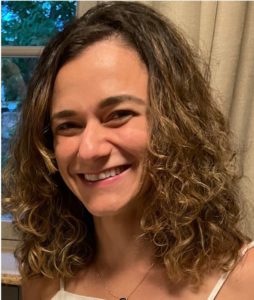
Fernanda, a lawyer and anthropologist, specializes in merging indigenous and scientific knowledge. She works to support indigenous communities in preserving biodiversity, upholding traditional medicines, and advancing their cosmologies. Exploring the influence of indigenous rituals and medicines on Western viewpoints, she delves into various perspectives on existence.
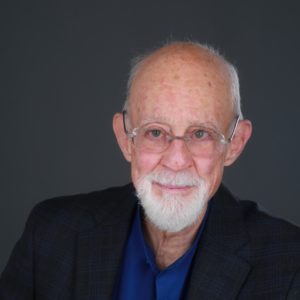
Charles Wininger has been a psychotherapist in private practice in New York City since 1989. He’s a licensed psychoanalyst (LP) and mental health counselor (LMHC). Author of Listening to Ecstasy: The Transformative Power of MDMA and an elder in New York’s underground psychedelic community, he stands (alongside Rick Doblin) as one of the reference-points for MDMA activism in the United States.